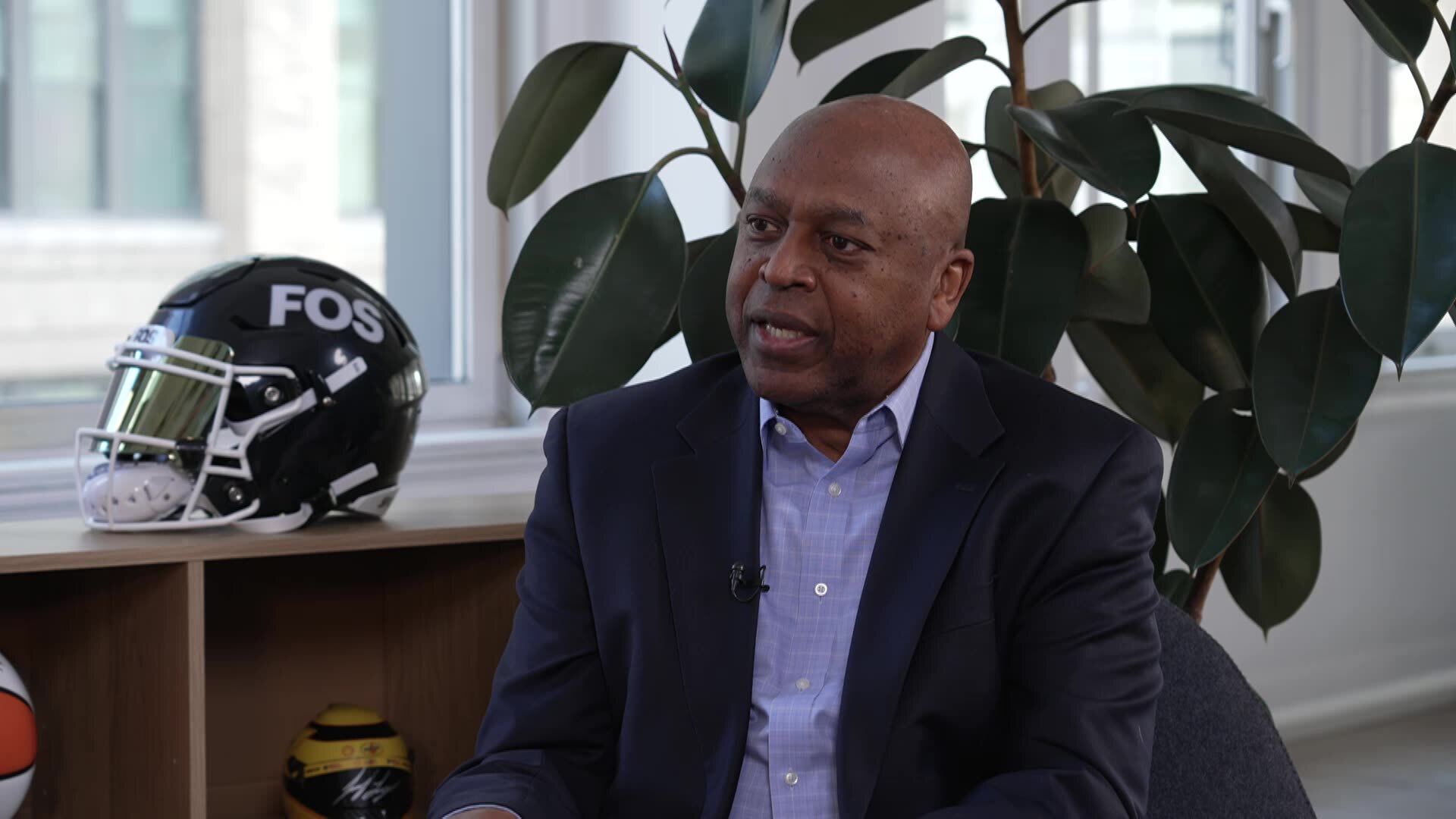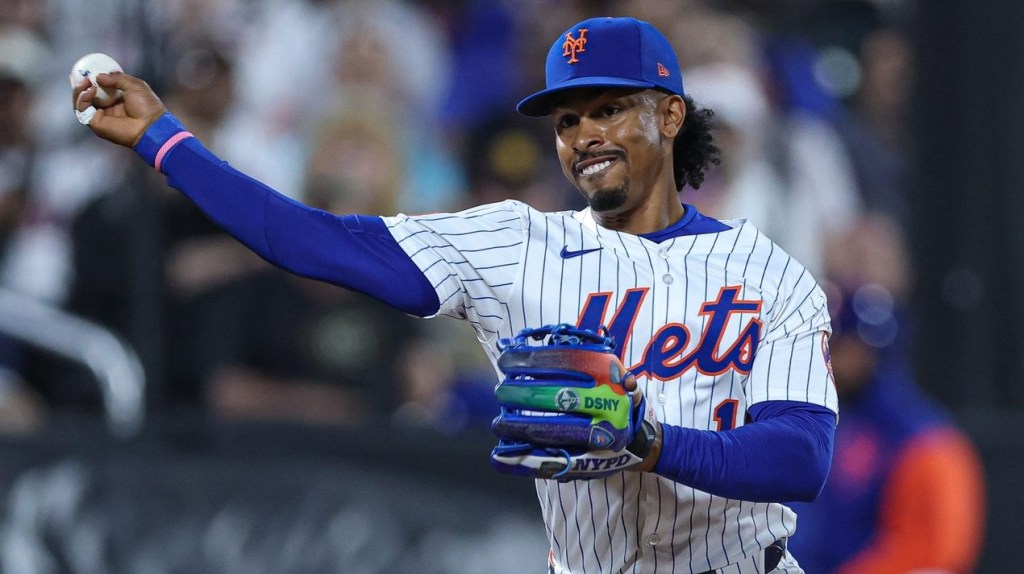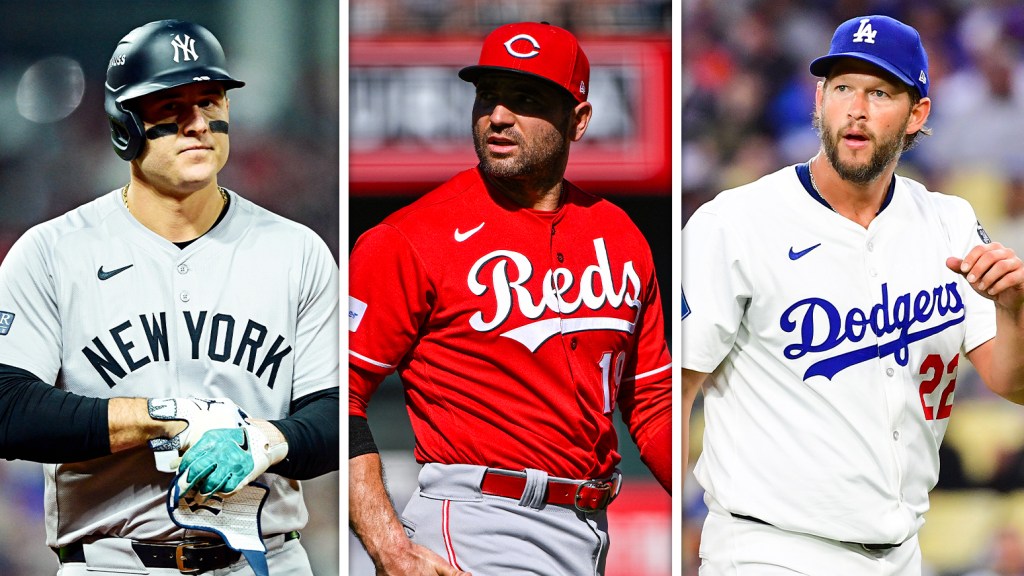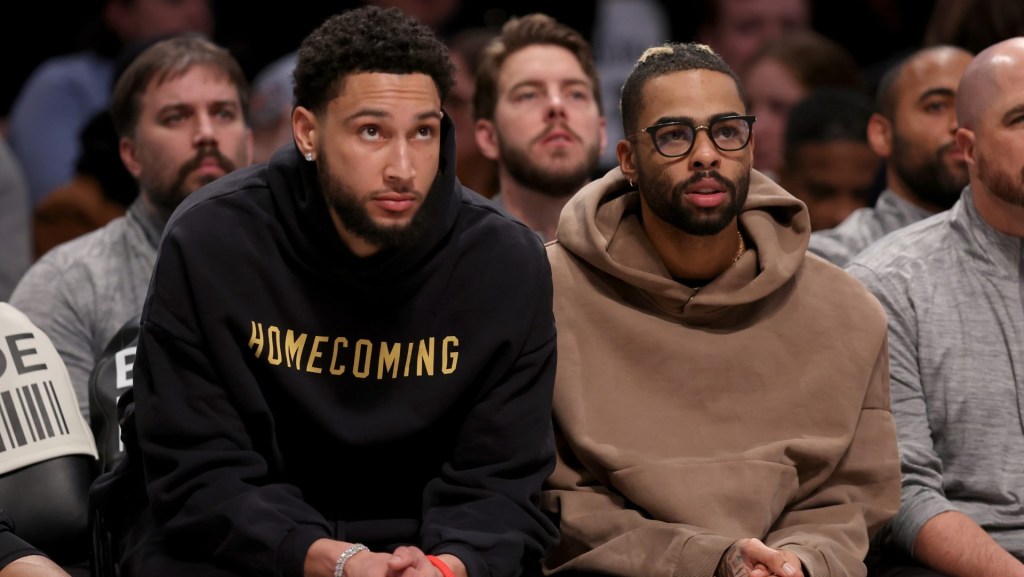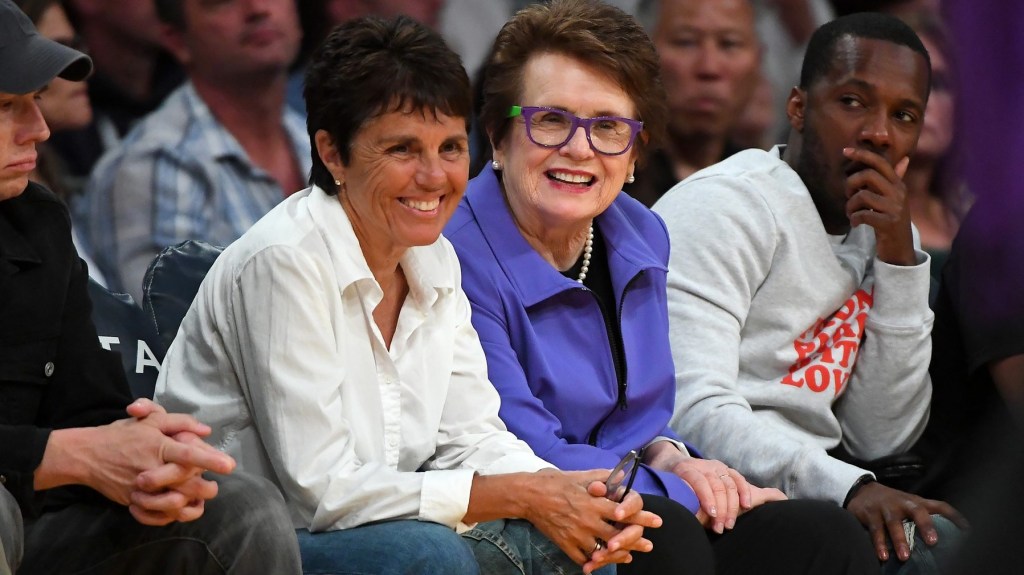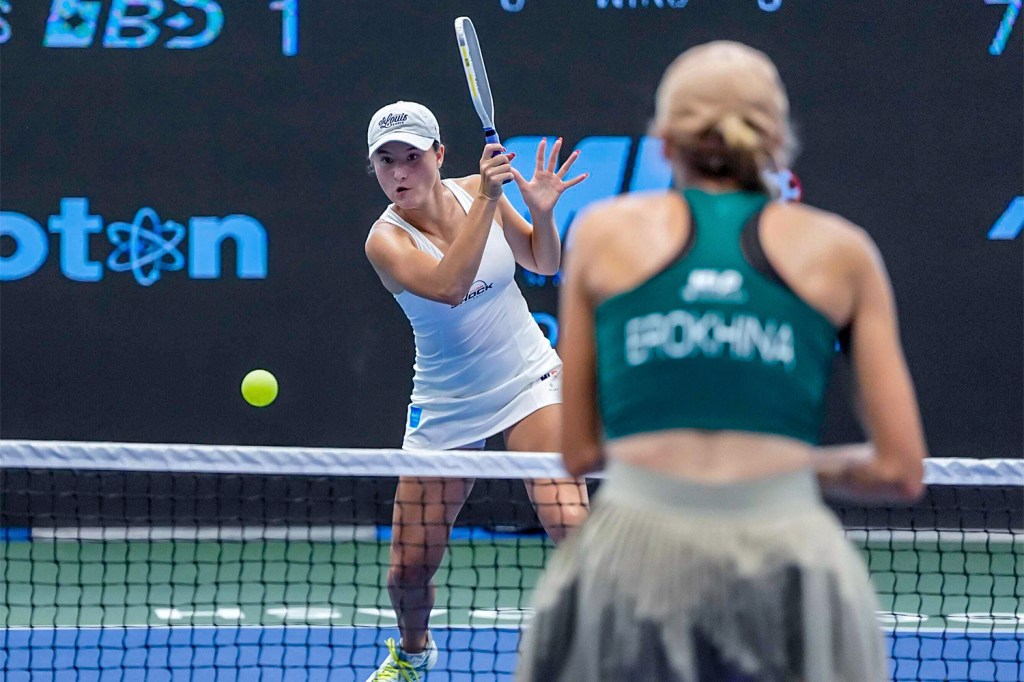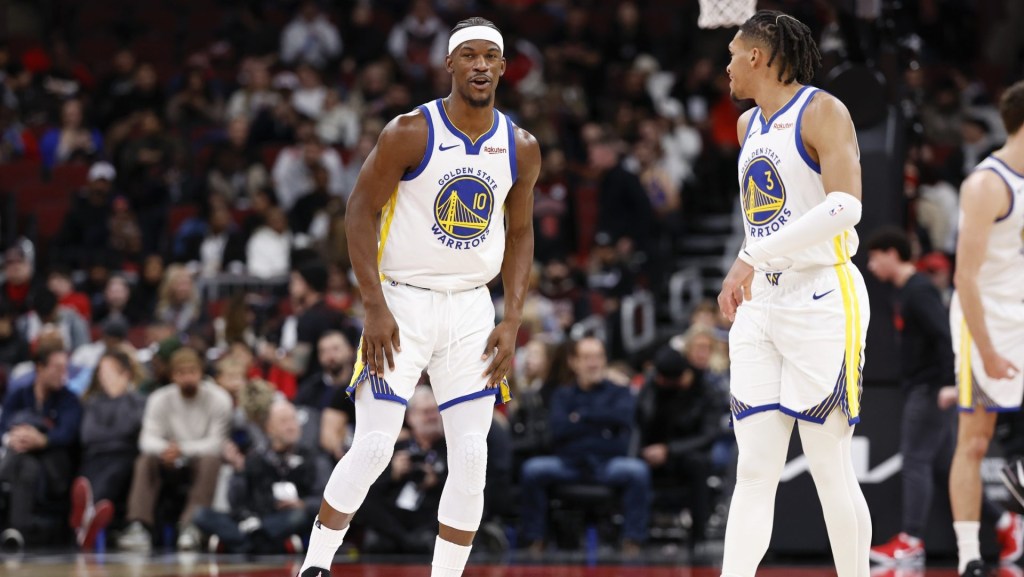Another veteran pro sports executive has jumped on the private equity train.
Former MLB CFO and EVP Jonathan Mariner has joined Harbinger Sports Partners, a $750 million fund that launched in May, aimed at taking minority stakes in teams in the four major U.S. sports leagues. Harbinger’s co-founders are former Mercedes-Benz USA CEO Steve Cannon and Shark Tank guest judge and Atlanta Falcons LP Rashaun Williams. Mariner will be a general partner along with billionaire Mavericks part owner Mark Cuban, who joined in May.
Mariner was CFO at MLB from 2002–2014, Mariner manned the CFO role for MLB as team sale prices rose from $96 million for the Royals in 2000 (later sold again in 2019 for $1 billion) to $2 billion for the Dodgers just 12 years later. Before he was CFO of the league, Mariner was CFO of the Miami Marlins.
Even with the growth of franchise values in baseball, valuations still sit on average below most NFL and NBA teams. But Mariner sees this as an opportunity for Harbinger to see larger returns in baseball.
“I actually think Major League Baseball has, from an investor perspective, one of the more interesting opportunities,” Mariner told Front Office Sports on Tuesday. “When you look at the more recent valuations, in football and in basketball, there’s some pretty frothy numbers out there, all justified based on some of the things they’ve been able to accomplish in media deals. We think that if baseball can accomplish what it’s trying to do, in terms of its business model components, we think that valuations will improve over time.”
MLB’s current media deal with FOX and TBS is up in 2028, with ESPN opting out of its $550 million agreement after 2025.
The NFL opened its doors to private equity ownership last summer, but has stricter rules than its peer leagues, allowing just 10% PE ownership. MLB, the NBA, and the NHL allow teams to sell up to 30% to PE funds. The Giants, under majority owner Charles B. Johnson, sold a 10% stake to private equity in March.
“Given franchise values, I think it really requires other sources of capital to sustain the kind of prices that are being asked for,” Mariner said on the latest episode of Portfolio Players. “So it was inevitable, I think, that you would have to get to that point. If a franchise is going for three, four, five billion dollars, it’s hard to find a person who’s gonna write a check for, let’s say, half of that… so it almost comes down to having to spread out the cap table in order to make these transactions viable.”
Mariner points to baseball’s ongoing CBA negotiations, with the current deal expiring on December 1, 2026, as a key focal point of Harbinger’s investment strategy.
“You almost always have to look at collective bargaining as a fundamental investment principle,” Mariner said. “The most important cost component of an operation is labor. It’s usually somewhere around 50% of your revenue. And so no matter what type of investment you’re looking to engage in, you need to look at the labor situation. The beauty of a collective bargaining agreement is it gives you stability over a defined period of time. I think one of the reasons the NFL has been able to enjoy such prosperity is that it’s been able to have long periods of labor peace, and I think that’s what baseball is trying to accomplish next.”
With more than a year to go before the expiration date, MLB and MLBPA appear to be at an impasse, each holding firm to its agenda with a possible lockout. While CBA uncertainty could hypothetically create lower get-in prices, stability is crucial for prospective franchise investors, Mariner said.
Investing in international sports is not part of Harbinger’s current strategy, but Mariner said it is not out of the question down the road.
